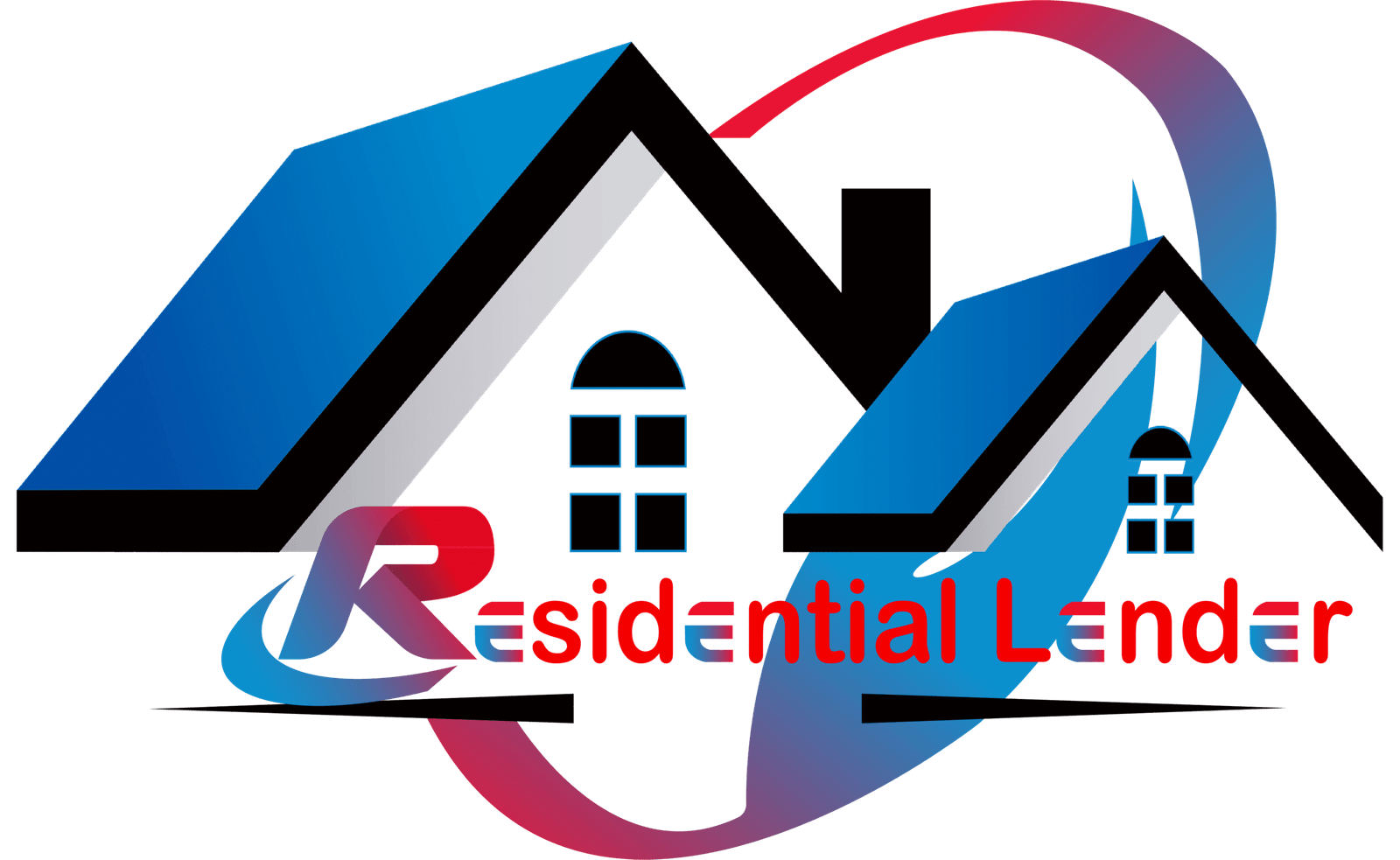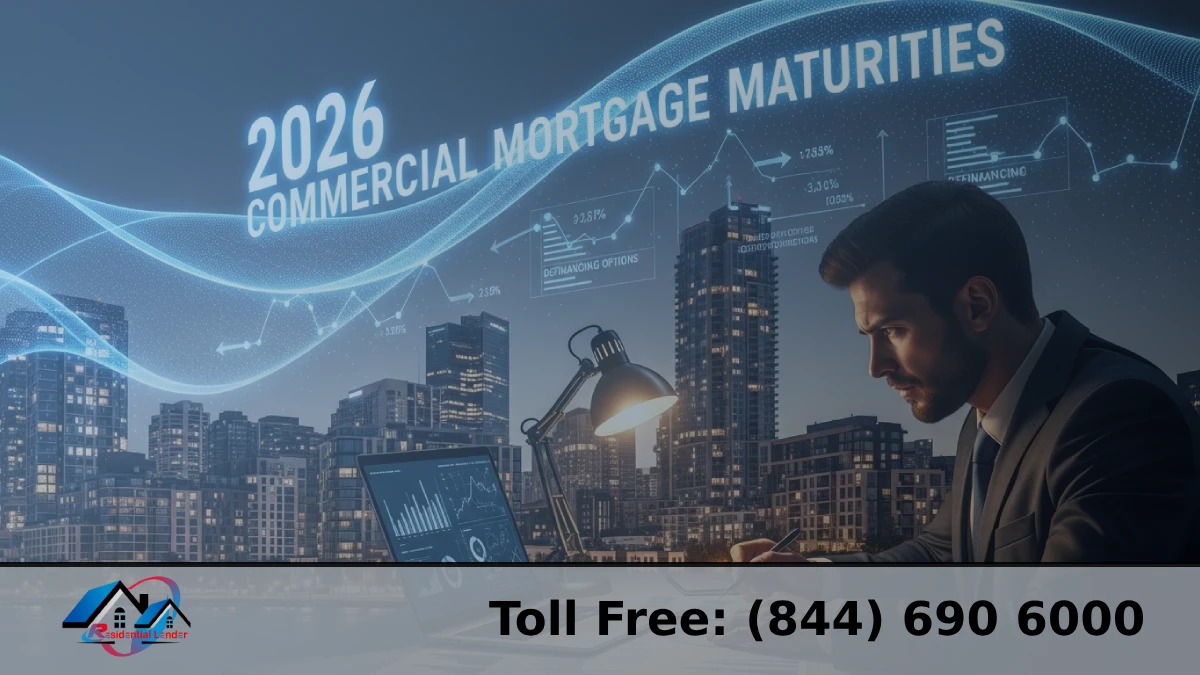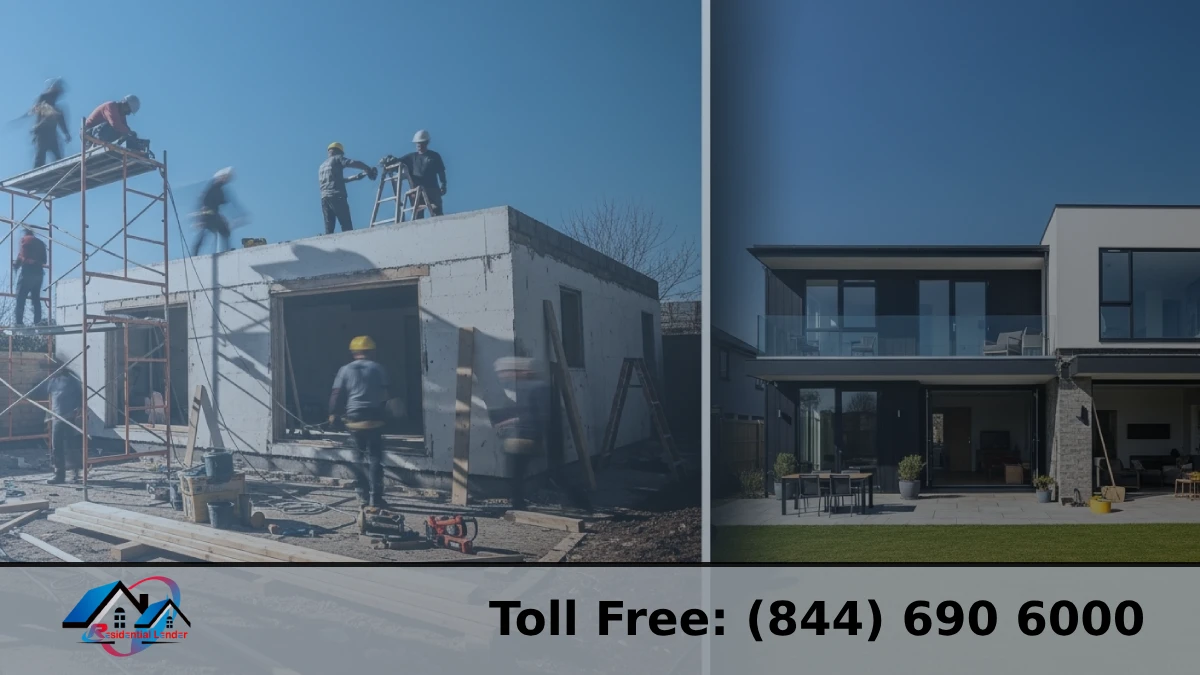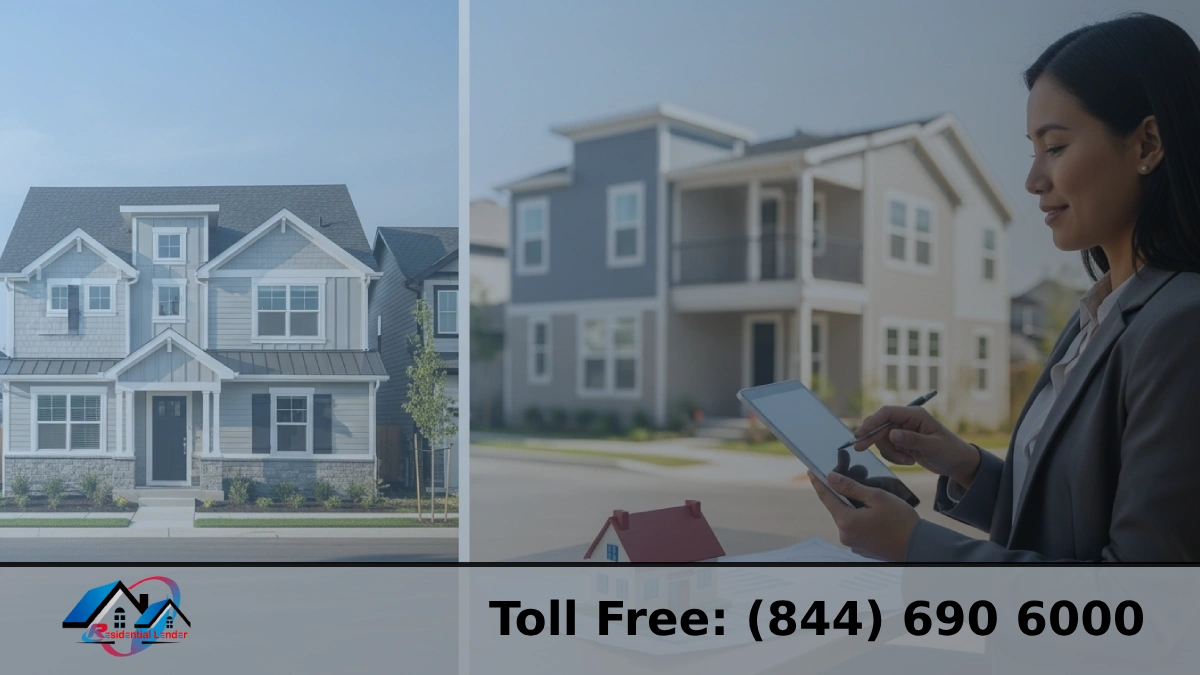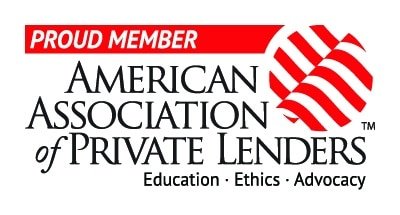You’ve found the right multi-family property in a market that’s doing well. It will bring in a lot of money. But you run into trouble when you try to get a loan from a standard lender. It’s harder than ever for real estate owners to get loans because lending rules are getting stricter, interest rates are increasing, and hefty down payments are needed.
What are DSCR Loans?
Debt Service Coverage Ratio loans, or DSCR loans, are lifelines for owners in trouble. DSCR loans differ from traditional mortgages because they focus on the property’s ability to make money instead of your credit score and income. Lenders check to see if the rental income from the property can easily cover the monthly mortgage payments, no matter the borrower’s financial situation.
Benefits of DSCR Loans
For smart real estate owners, DSCR loans offer several substantial benefits, including:
Focus on Property Performance: You should now be more interested in the property’s ability to earn money than in your funds. This is a big plus for investors with high rental income but little personal credit history.
Possible Without a Down Payment: In 2025, many DSCR lenders will offer loans without a down payment. This dramatically lowers the original investment and raises the potential returns.
More considerable Leverage: The loan-to-value (LTV) ratio for DSCR loans is often higher, allowing investors to buy more properties with less money upfront.
How DSCR Loans Work
Investors must show a high Debt Service Coverage Ratio (DSCR) to get a DSCR loan. This number shows how much the property’s net operating income (NOI) is compared to the amount it pays each year for its mortgage. Lenders usually want a DSCR of 1.25 or higher, which shows that the property can easily make its mortgage payments even when it’s not rented out as much or when costs go up.
Lenders usually look at a few things to see if a borrower is eligible:
Property Income: Lenders look closely at renting income, vacancy rates, and the chance that rent will increase.
Operating Costs: Careful thought is given to property taxes, insurance, repairs, and management fees.
Debt Service: Lenders look at the loan amount and interest rate and plan to repay it.
Conditions in the Market: The current state of the real estate market, including rental demand, occupancy rates, and competition, significantly impacts lender choices.
Interest Rates: When interest rates rise, property values and rental income can drop, making it harder for borrowers to meet DSCR standards.
By carefully examining these factors, lenders can determine how risky the property is and whether it meets their financial requirements.
This opening sets the stage for the rest of your blog post. Remember to make the rest of the content relevant to your audience and give them helpful information about the DSCR loan process, such as real-life examples and expert tips.
Understanding DSCR: The Key to Qualification
What is the Debt Service Coverage Ratio (DSCR)?
Another critical financial statistic is the Debt Service Coverage Ratio (DSCR), which shows how well a property can make money to pay its debts. To put it more simply, it checks to see if the rental income is enough to cover the monthly mortgage payments.
Divide the total debt service by the net operating income (NOI).
Net running income, or NOI, is the property’s gross income minus all its running costs. The money comes from rental fees, parking fees, and other sources. On the other hand, costs include things like property taxes, insurance, repairs, and management fees.
The Total Debt Service is the total money owed on a property. It includes payments on the mortgage loan’s capital and interest.
How Do Lenders Use DSCR?
Lenders set a minimum DSCR to ensure the property consistently brings cash to repay the loan. This allows lenders to assess the investment risk and make smart loan choices.
Lenders offer different DSCR loan plans, but 1.25 is usually the minimum. There must be at least 1.25 times more NOI on the land than debt service. A higher DSCR usually means that the investor is taking on less risk.
A high DSCR can significantly affect the amount of a loan an owner can get. If the DSCR is higher, investors may be able to borrow more, which could increase their leverage and total return on investment. On the other hand, a smaller DSCR could limit the loan amount or prevent an investor from getting the loan.
Real estate investors can get better financing for their investment homes if they know about the DSCR and its importance in the loan approval process. being successful
Benefits of DSCR Loans for Real Estate Investors
The Power of DSCR Loans in a Competitive Market
Getting loans for investment homes can be challenging in today’s competitive market. Traditional mortgages aren’t always a good choice because interest rates are increasing and loan rules are stricter. DSCR loans are a good option because they don’t just look at the investor’s finances but also at how well the property can make money. With this new focus, buyers can take advantage of profitable chances that they might not have been able to reach before.
Unlocking Investment Opportunities with No Down Payment
One of the best things about DSCR loans is that you might not have to make a down payment in 2025. This is very different from regular mortgages, which usually require a significant down payment of 20% or more. By eliminating this first hurdle, DSCR loans make it easier for investors with limited funds to get into a more significant range of investments. This lets them use their resources better and get the most out of their possible returns.
Focus on Cash Flow, Not Credit Score
DSCR loans don’t just look at the investor’s credit score but also at how much cash the investment property brings in. This mainly helps investors with bad credit with good investment property cash flow potential. DSCR loans level the playing field for a broader range of investors by focusing on the property’s ability to make income consistently. This lets them get loans and build their real estate portfolios.
Maximizing Your Chances of Qualifying for a DSCR Loan
Strengthening Your DSCR for Loan Approval
Getting a DSCR loan showing that the property makes enough money to pay off its debts is essential. Here are some things you can do to make your DSCR better:
Increase Rental Income
Market Analysis: Conduct extensive market research to determine the area’s rental rates.
Property Improvements: To increase your rent, improve the appearance of your property by installing new tools, flooring, or landscaping.
Screening Potential renters: Use strict screening methods to get good renters who are more likely to pay their rent on time.
Lower Operating Costs
Efficiency in Energy Use: To lower your utility costs, use energy-efficient appliances and insulation.
Maintenance Strategies: Preventative maintenance can keep expensive fixes from happening and make things last longer.
Talk to Vendors: Talk to service providers like property managers and insurance companies about ways to get better rates.
Building a Strong Investment Portfolio
A significant investment portfolio shows you know how to handle rental properties and have experience. How to make one:
Rental History That Stays the Same: Keep track of how often people pay their rent on time.
Property Management: If you hire a property manager, make sure they keep thorough financial records and give you regular updates on the property’s performance.
Diversification: To lower your risk, you should invest in different properties and places, such as single-family homes, multi-family units, and business properties.
Partnering with the Right Lender
Choosing the right company is very important for getting a DSCR loan.
Specialization: Look for lenders who are experts in DSCR loan programs and knowledgeable about the business real estate market.
Track Record: Ask the lender what percentage of DSCR loans they’ve successfully placed for real estate buyers like you.
Open and honest communication: Choose a lender who will keep communication open and honest throughout the loan application process.
If real estate owners use these tips, they can significantly increase their chances of getting a DSCR loan and successfully grow their investment portfolios.
Conclusion
DSCR loans are an excellent way for buyers to get the money they need to take advantage of good deals in today’s fast-paced real estate market. By focusing on the property’s ability to make money, DSCR loans give investors who might not be able to get a regular mortgage a way to own property.
While DSCR loans have many benefits, knowing how to qualify and working hard to improve your DSCR is essential. Real estate investors can improve their chances of getting DSCR funding and reaching their investment goals by carefully evaluating possible properties, using low-cost ways to raise rental income, and building a strong investment portfolio.
Conditions on the market and the standards for DSCR loans can change. To make wise choices, it’s essential to keep up with the latest trends in your field and talk to experienced financial advisers.
FAQs
What happens if my DSCR falls below 1.25 after I acquire the property?
If your DSCR drops below 1.25 after you buy the house, it might be hard for you to pay your bills. Lenders may ask you to show them a plan to make the property more profitable, like how you’ll raise rents or cut costs. In the worst situations, lenders may start foreclosure if the property regularly lacks enough money to cover the mortgage payments.
Can I use a DSCR loan to purchase a primary residence?
No, not at all. DSCR loans are only for investment properties such as rental homes, multifamily flats, and business buildings.
Most of the time, they are not used to financing primary homes.
How long does it typically take to get approved for a DSCR loan?
The process of getting a loan can vary depending on several factors, such as the complexity of the deal, the lender’s underwriting standards, and the amount of available property documentation. However, it often takes between 30 and 60 days to get a DSCR loan accepted.
Are there any prepayment penalties associated with DSCR loans?
Some DSCR loans may have fees for early repayment, especially in the first few years of the loan term. It’s essential to read the loan terms and conditions carefully to find out if there are any fines for early repayment.
Can I use a DSCR loan to refinance an existing investment property?
Yes, DSCR loans can be used to refinance investment homes that are already owned. This can help investors who want to lower their interest rates, get cash out of their stock, or consolidate their debt.
